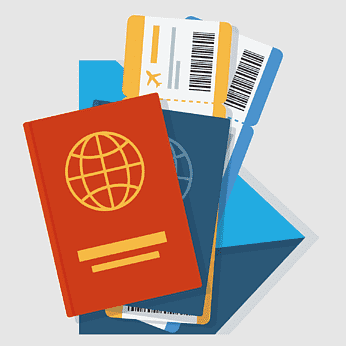When you need to borrow money, two common options come to mind: personal loans and credit cards. Both give you access to funds, but they work very differently — and choosing the right one can save you money and reduce financial stress.
In this article, we’ll explain how personal loans and credit cards work, compare their pros and cons, and help you decide which is better for your needs.
Understanding the Basics
What Is a Personal Loan?
A personal loan is a fixed amount of money you borrow from a bank, credit union, or online lender. You repay it in equal monthly installments, usually over 1 to 7 years. Most personal loans are unsecured, meaning you don’t need to offer collateral.
Key points:
Fixed loan amount (e.g., $5,000 to $50,000)
Fixed repayment schedule
Fixed or variable interest rates
Funds are usually deposited in your bank account
What Is a Credit Card?
A credit card is a revolving line of credit. You can borrow money as needed, up to a set limit, and repay part or all of it each month. If you carry a balance from month to month, interest is added.
Key points:
Borrow up to a credit limit (e.g., $2,000 to $25,000)
No fixed repayment term
Interest applies only if balance is not paid in full
Minimum monthly payments are required
Comparing Personal Loans vs Credit Cards
1. Interest Rates
Personal Loans: Usually offer lower interest rates than credit cards, especially if you have good credit. Rates can range from 6% to 36%.
Credit Cards: Often have higher interest rates, typically between 18% and 29%, especially for unpaid balances.
Winner: Personal Loan – Better for long-term borrowing with lower interest.
2. Repayment Terms
Personal Loans: Fixed terms, which means predictable monthly payments and a clear payoff date.
Credit Cards: Flexible repayment, but if you only pay the minimum, it can take years to pay off — and cost much more in interest.
Winner: Personal Loan – Easier to budget and pay off on time.
3. Flexibility of Use
Personal Loans: You get a lump sum and can use it however you want — for debt consolidation, home repairs, medical bills, or big purchases.
Credit Cards: Great for ongoing or smaller expenses, such as groceries, gas, or emergencies. They also offer rewards, cashback, or travel perks.
Winner: Tie – Depends on your spending habits and purpose.
4. Fees and Costs
Personal Loans: May charge origination fees (1–5%) and late payment fees, but no annual fees in most cases.
Credit Cards: May have annual fees, late fees, balance transfer fees, and penalty APRs if you miss a payment.
Winner: Personal Loan – Often has fewer ongoing fees if used responsibly.
5. Impact on Credit Score
Both affect your credit score, but in different ways.
Personal Loans: Adding a loan increases your credit mix (which helps your score) and builds payment history. But applying causes a small credit inquiry.
Credit Cards: Help build credit if paid on time. But carrying a high balance can increase your credit utilization, which can lower your score.
Winner: Depends on usage – Both can help or hurt your score based on how you manage them.
When to Use a Personal Loan
Choose a personal loan when:
You need to borrow a large amount and pay it back over time
You want fixed payments and a clear end date
You’re consolidating high-interest debts into a single lower-interest loan
You’re making a one-time big purchase (wedding, medical procedure, etc.)
When to Use a Credit Card
Use a credit card when:
You need to borrow small amounts or use it for day-to-day purchases
You can pay off the full balance every month
You want to earn rewards, points, or cashback
You need quick access to funds without going through a loan application
Final Thoughts: Which Should You Choose?
If you're planning to carry a balance or borrow a large amount, a personal loan is usually the smarter and more affordable option. It offers lower interest rates, clear repayment terms, and can help you stay disciplined with fixed payments.
However, if you’re confident you can pay off your balance every month, a credit card can be very convenient — especially if it offers rewards or cashback. But relying too much on it or carrying a balance for too long can lead to expensive debt.
Always think about your financial goals, repayment ability, and discipline before choosing. Sometimes, the best approach is to use both carefully — personal loans for major costs, and credit cards for regular spending with timely payments.

